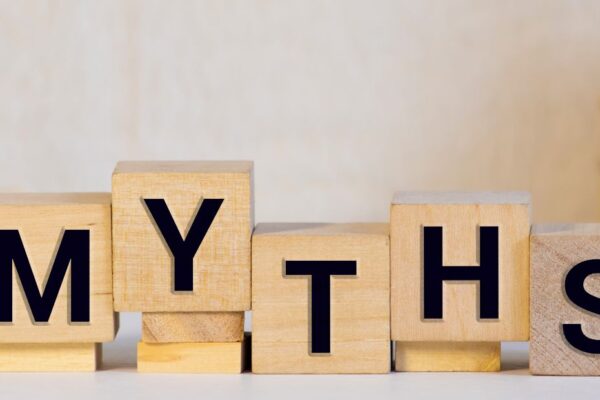Are you struggling with overwhelming debt and feeling like there’s no way out? You’re not alone. Many people find themselves in a situation where their debts have become unmanageable, and they’re looking for a solution. One option that you may have heard of is debt relief or settlement. In this blog post, we’ll explain what debt settlement is, how it works, and whether it might be the right choice for you.
What is Debt Settlement?
Settlement of debt is a process where you negotiate with your creditors to pay off your debts for less than the full amount owed. The goal is to reach an agreement where the creditor accepts a lump sum payment that is less than the total debt, and in return, they agree to consider the debt fully settled.
How Does Debt Settle Work?
The debt settle process typically involves the following steps:
1. Consultation: The Vital First Step
The debt relief process begins with a crucial consultation session, where you’ll meet with a knowledgeable debt relief professional or financial advisor. They will carefully analyze your income, expenses, and outstanding debts to gain a comprehensive understanding of your unique financial situation. This thorough assessment is essential in determining whether settlement is a feasible and appropriate solution for your specific needs.
2. Savings: Building Your Settlement Fund
If your debt relief is deemed appropriate, the next phase involves building up your settlement fund by making monthly deposits into a dedicated savings account. You’ll work closely with your debt relief team to determine a manageable deposit amount that aligns with your budget and financial goals. By consistently setting aside these funds each month, you’ll gradually accumulate the necessary resources to make compelling offers to your creditors.
3. Negotiation: Expertly Advocating on Your Behalf
Once you have sufficient funds saved, your debt settlement company will begin the crucial negotiation process with your creditors. Your dedicated negotiation team will reach out to each creditor, armed with a keen understanding of your financial situation and a persuasive strategy to secure the best possible settlement terms on your behalf.
They’ll leverage their expertise and established relationships with creditors to advocate for a significant reduction in your outstanding balances. The negotiation process can be complex and time-consuming, but your professionals will handle all the communications and negotiations, allowing you to focus on moving forward.
4. Settlement: Achieving Debt Relief
The settlement phase marks the culmination of the debt settlement process and the realization of your debt relief goals. If your debt settlement company successfully negotiates an agreement with a creditor, you’ll pay the agreed-upon amount from your dedicated savings account.
This lump sum payment, although less than the original debt owed, will be accepted by the creditor as a full and final settlement of your outstanding balance. Your debt company will work diligently to negotiate similar settlements with each of your creditors, gradually reducing your overall debt burden.
Is Debt Settlement Right for You?
Debt settlement can be a helpful option for some people, but it’s not the right choice for everyone. Here are some factors to consider:
- It can have a negative impact on your credit score, as settled debts are typically reported as “settled for less than the full amount” on your credit report.
- This may not be suitable if you have a small amount of debt or if you can afford to make your regular debt payments.
- It can be a lengthy process, often taking several years to complete.
- There’s no guarantee that your creditors will agree to a settlement, and they may choose to pursue legal action against you instead.
If you’re considering settlement of your debt, it’s essential to work with a reputable company that has experience negotiating with creditors. MDR Financial is a trusted provider of debt relief services, and they can help you determine if settlement is the right choice for your unique financial situation.
Conclusion
If you’re struggling with unmanageable debt, relief may be a viable option to help you get back on track financially. By negotiating with your creditors to pay off your debts for less than the full amount owed, you can potentially save money and become debt-free faster. However, it’s important to carefully consider the potential drawbacks and work with a reputable debt settlement company like MDR Financial to ensure the best possible outcome. Contact MDR Financial today to learn more about their debt relief services and take the first step towards financial freedom.
FAQs
1. How long does debt settlement take?
The length of the process varies depending on your individual circumstances, but it typically takes between two to four years to complete.
2. Will debt settlement affect my credit score?
Yes, this settlement can have a negative impact on your credit score. Settled debts are typically reported as “settled for less than the full amount” on your credit report, which can lower your credit score.
3. Can I negotiate debt settlement on my own?
While it’s possible to negotiate debt relief on your own, it can be a challenging and time-consuming process. Working with a reputable debt solutions company like MDR Financial can increase your chances of success and help you navigate the process more easily.
4. How much debt do I need to have to qualify for debt relief?
There’s no set minimum amount of debt required for settlement of debt, but it’s generally recommended for those with significant unsecured debt, such as credit card debt or personal loans.











